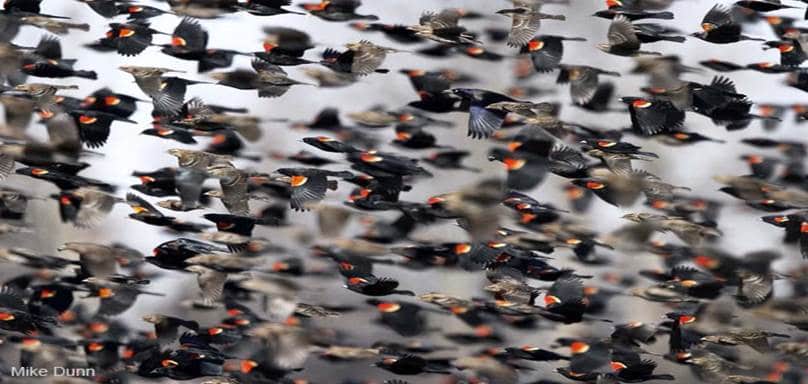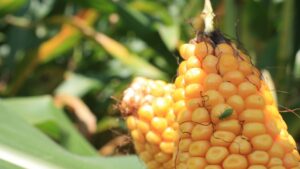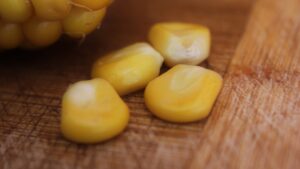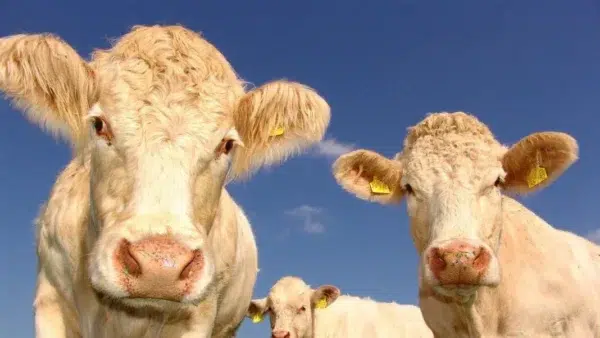With today’s investment in seed and genetics, seldom do growers leave things to chance and Mother Nature when it comes to planting.
When a seed goes in the ground, we do everything we can to help it with the goal of success at harvest time. Early in the planting cycle alone, we soil test, we apply fertilizer, we make sure the soil temperature is appropriate for the crop, we treat the seed to protect from pests – known and unknown. This is on top of likely purchasing crop insurance to protect from whatever weather Mother Nature might throw at us.
But there is another form of crop insurance that perhaps we should be considering.
“Early planting and uniform stands are important components of successful corn production,” says Dr. Erick Larson, associate extension and research professor at Mississippi State University. “However, one of the chronic challenges to realizing these goals in the mid-south is from blackbirds ravaging freshly-planted fields.”
Larson states ample corn seeding depth may impede bird depredation somewhat, but deep-planting also slows emergence, diminishes uniformity, and can increase seedling mortality. “This can occur because of abundant spring rainfall in our region which increases seedling exposure to saturation and anaerobic soils.”
“Many growers in the south aren’t aware of bird pressure in their region,” says Mike Brinkley, southern sales manager for Arkion Life Sciences. “Planting season starts mid-February and blackbirds and crows have been scouting for feed all winter. These birds will arrive in the field in massive flocks and destroy any seed available.”
Brinkley shares that unlike in the north where larger birds like pheasants and cranes are more predictable in their foraging patterns, smaller birds like blackbirds and crows can hit anywhere in a field in smaller patches that are harder to scout and notice. The damage and loss are still the same, just spread out over larger areas.
This is where Avipel, a seed applied bird repellent from Arkion Life Sciences can help put growers’ minds at ease.
“This time of year, a grower doesn’t need to worry about their corn seed emerging and can concentrate on planting the next field. I always tell my growers if they even think about birds being around the fields, then they need Avipel,” say Brinkley. “Avipel is their insurance policy. Replanting a field is very costly, time consuming, and can be avoided.”
Brinkley shares that some of the challenges he sees in the south are that growers will use Avipel for a few years and one year not use it, thinking they have stopped the birds from their fields. Unfortunately, just because you have not seen blackbirds or crows in your field last year, it does not mean your growers are risk free. Birds forage as far away as 25 miles every day from where they roost at night.
“They will keep looking until they find a vulnerable field,” says Brinkley. “Birds will eventually relocate to areas with unprotected fields.”
Over time this can change migration patterns. “We are seeing blackbird and crow populations continuing to flourish and grow into areas that we are not used to,” shares Brinkley. “Starting your seed with Avipel might be the best thing you can do to reduce your risk from bird predation – it’s just one more form of crop insurance for great seed.”












